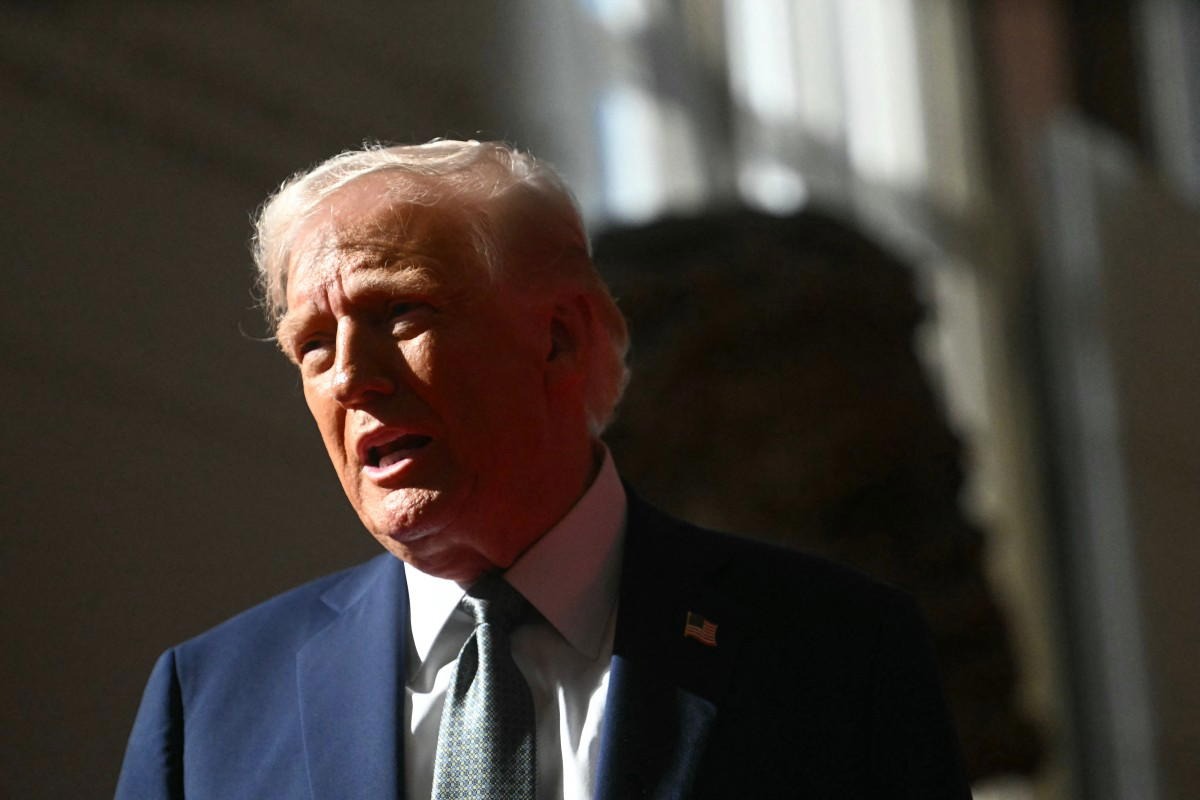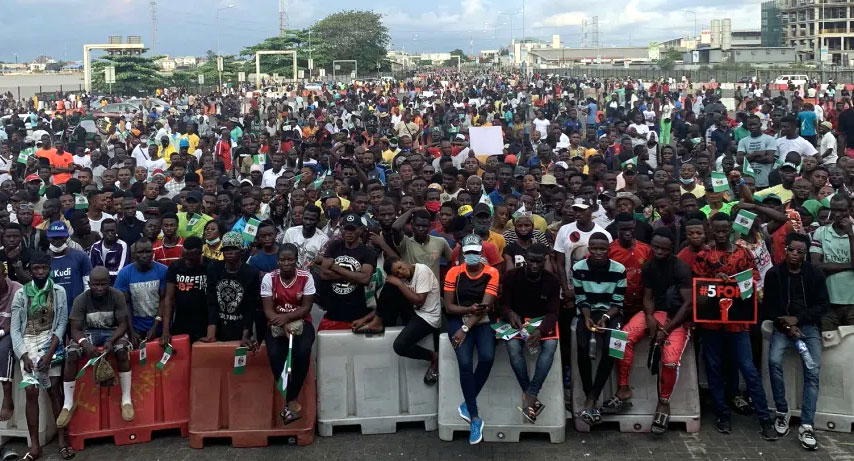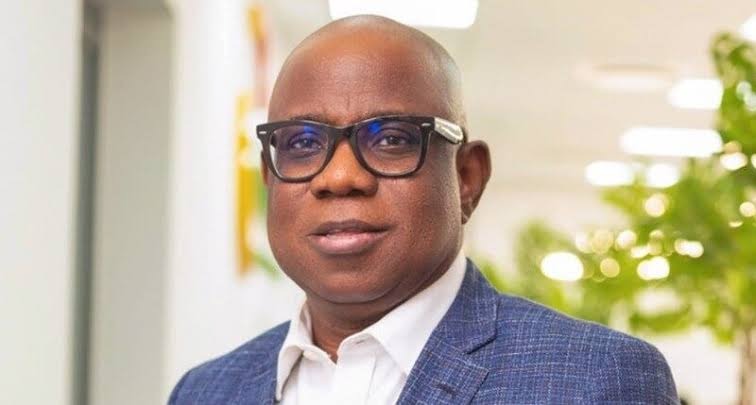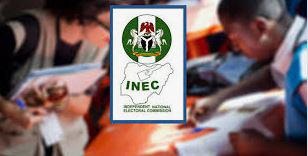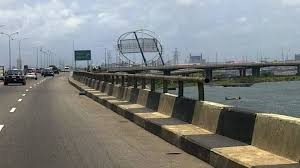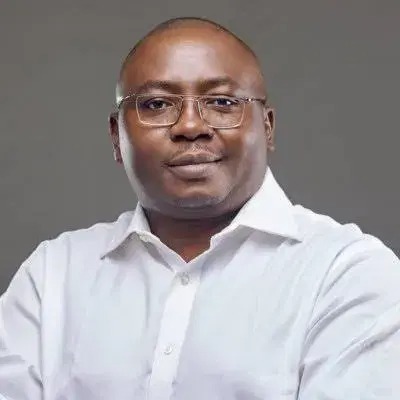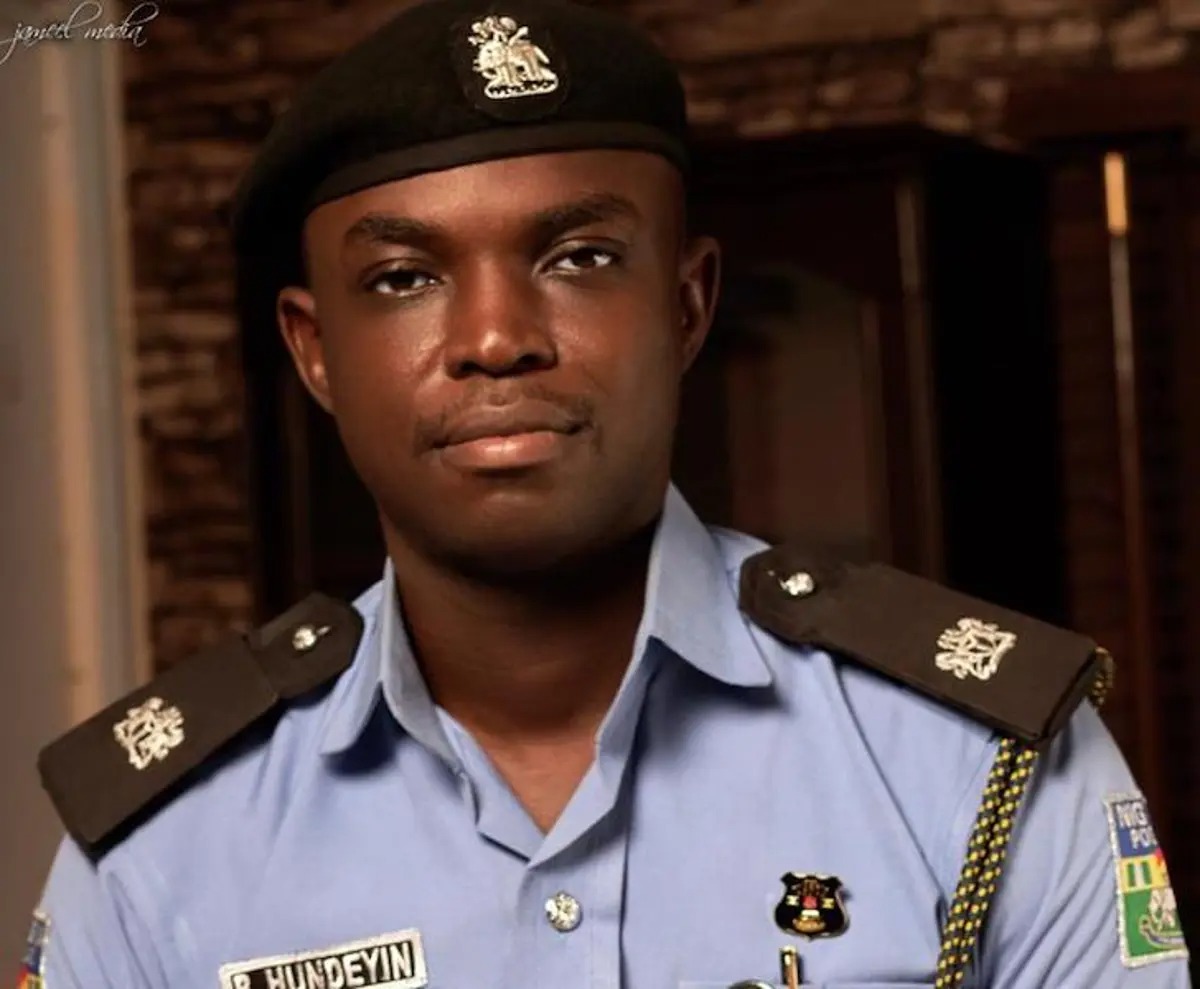BENIN CITY – MANY residents of Uromi are still skeptical about what would befall them, as life gradually returns to the town, a week after 16 northern travellers, mistaken for kidnappers, were killed by a mob, even as they accused the police of indiscriminate arrest and extortion.
This was evident yesterday, which was the market day in the town, and the ever busy Mission Road where the biggest market in town is located was devoid of the heavy vehicular and human traffic associated with it.
Many young people have also continued to express their frustrations with what the police are doing, alleging that people were being picked at random and made to cough out huge sums of money or threatened to be taken to Abuja as an active participant in the killings.
This came on a day the Concerned Northern Forum, CNF, warned of potential reprisals across northern states and Abuja, asking northerners living in the south to return home for their safety.
It was gathered that the police were collecting no less than N300,000 from those who fall into their trap and there was the story of a young man who had just come in from overseas and was allegedly picked up by the police.
He was said to have transferred N1 million through a POS before he was left to go, as he was threatened to be moved to Abuja.
A young man told this reporter in pidgin English in a restaurant: “Make dem do come dey go because no be wetin den send dem, naim dem dey do now (They should leave us now because what they are now doing is not what they were sent to do)”
Another resident, Prince Eugene Olumese, said “This development is affecting everybody here. Now, police are arresting people, and young boys no longer gather in a place, once they are up to three because of fear that police will just come and arrest anybody.
‘’So as we speak, both the innocent and guilty are being arrested by the police. We are now at the mercy of the police because the local vigilante that has been helping has been suspended, yet criminal Fulani herdsmen are still in our forests.”
However, the police authorities have advised those affected to show evidence, so necessary action could be taken.
They also promised to do their discreet investigation on the allegation to ascertain if the allegation was true or not.
Police Public Relations Officer, PPRO, Edo State police command, Moses Yamu, when contacted, said: “It is not just enough to allege that police are extorting, they must have done it to one or two people. These people should let us know or show proof, then we can investigate.
‘’I may not be able to tell you that it is not true but I cannot also say it is a fact since there is no evidence. What I promise we will do, I will make some enquiries and also keep an eye on the ground there.”
On allegation of someone paying one million naira to avoid being arrested and taken to Abuja, Yamu said: “That one is on social media and I have chatted with the person who posted it to provide me with details, but till now as we speak, he has not.”
There is, however, a reduction in the number of security personnel on the roads, unlike Tuesday.
Area incident happened still deserted
Indication that the people are still wary of coming out fully revealed itself yesterday when Vanguard visited Goodwill Junction, along Old Ilushi Road, which was the scene of the mob action.
The charred remains of the burnt truck with its loaded palm kernel shells, were still at the spot, while a scavenger was seen trying to cut off any hanging metal from the truck.
All the shops, churches and residential buildings in the area remained locked up as people are still afraid to come out, for fear reprisal or police arrest.
Most commercial motorcycle riders also avoided going to the area, as the only one that agreed to go did so because this reporter identified himself as a journalists.
Banks open for business
Contrary to speculations that banks may not open fully for operations, all the commercial banks in the town were opened to customers yesterday, being the first working day after the Eid-el-Fitr holiday.
Most of the banks along Mission Road, where virtually all the banks are situated, were full with customers.
The Uromi market, which is along the same Mission Road, was not as busy as it used to be, especially on traditional market day, when the road is usually a beehive of commercial activities that result in gridlock.
“You can see that even today that is our market day, vehicles, motorcycles, commonly known Okada are moving freely but people are still not free to come out. On a market day, every movement here is at snailspeed because of large turnout . I have opened for business but it is obvious I will close early,’’ a trader, who sought anonymity, told Vanguard.
The people insisted that the victims were not hunters, wondering what they were doing with the undisclosed sum of money in new notes found on them during the mob attack, contending that Uromi had been under the siege of kidnappers for a long time without government’s intervention.
A resident, who identified himself as Olumese, said: “You can imagine that when people are arrested in the act of kidnapping and taken to the appropriate authorities, mainly the police, in a few days to months, you see the same people walking freely.
‘’Your life is at risk, especially those who are to keep watch over the town – the vigilantes – because these people (kidnappers) will come after them, so I think these are the reasons they took the law into their hands, which is not appropriate.
‘’The extra-judicial killing was not right though. We are not happy about it but there was a situation that was not remedied by the authorities.
“There are some of our young people who are entrepreneurs, they can’t build houses where there are warehouses, they build in fresh lands which are mostly bushes and these people can no longer go to their houses.
‘’Prices of goods keep skyrocketing because the food we can produce are no longer available because our farmers can no longer go to their farms. Herdsmen will go to farms to harvest food crops for their cattle to feed on, all these are unanswered questions.”
Okpebholo has chosen path of de-escalation –Edo SSG
Meanwhile, the Secretary to the State Government, SSG, Musa Ikhilor, yesterday, disclosed that the people of Uromi rescued 11 of the 27 travellers.
According to him, three are receiving treatments in the hospital, while others were transported back to Kano by the state government. But he condemned the killing of 16.
Speaking on a television show, the SSG, who condemned the killing of the 16 travellers, said: “Things were dire before we came in. Illegal vigilante groups were operating unchecked. Just before the election, the Inspector General of Police suspended them after they shot at an officer at the airport, killing a policeman.
“Recently, we discovered that the vigilantes involved in the Uromi incident were from the same group that operated under the last administration, the one we had already suspended and begun profiling and retraining.
‘’Our goal was to subject them to proper training under Edo State Security Corps Governance Law. However, what is particularly curious is that, for over 100 years, Uromi has been a gateway between the south and the north, and we have never seen an incident like this. The timing raises important questions that any intelligent security expert should be asking.
“On the issue of insecurity, this government has been proactive. Governor Okpebholo has purchased over 75 brand-new Hilux vehicles for security agencies, which have been distributed accordingly. ‘’Before we came in, security agencies relied on old, rickety Sienna vehicles. Additionally, the governor procured power motorcycles to enable security operatives chase bandits out of the forests, and we are making tremendous progress.
“Just last month in Uromi, a traditional ruler was kidnapped, but within 48 hours, the swift response of the security team assembled by the governor successfully rescued him. We were beginning to push the bad actors out.
“In fact, the governor’s visit to Kano State averted what could have been a catastrophic crisis. Many may not fully understand this, but anyone familiar with Nigeria’s history and ethnic dynamics will appreciate the significance of his actions.
“While in Kano, we met not only with the government and the people of Bokore but also leaders of various ethnic minority groups, including the Igbo and Yoruba communities. They expressed their gratitude, noting that the governor’s visit was not just a condolence gesture but also a move that helped protect their people in Kano, as well as the millions of Edo indigenes residing there,” he said.
Northern group threatens reprisal, asks northerners to return home
Meanwhile, following the tragic killing of the 16 travellers, Concerned Northern Forum, CNF, has warned of potential reprisals in the north, including Abuja, and urged northerners living in the south to return home.
In a statement signed yesterday by the chairman, Ali Muhammad, the group condemned what it described as the authorities’ inability to protect northerners residing outside their region.
The forum cautioned that failure to take decisive action could lead to retaliation, stressing that no group had monopoly of lawlessness.
It also decried what it described as recurring targeted attacks and destruction of property, claiming losses amounting to billions of naira.
The group demanded the arrest and prosecution of the perpetrators to prevent further violence.
While acknowledging Governor Monday Okpebholo’s visit to Kano, the CNF dismissed it as inadequate, insisting that only justice and concrete action would suffice.
It declared: “Northerners must return home, following the brutal murder of northern travellers in Uromi, Edo State. It is unacceptable that while northerners remain law-abiding and hospitable, they are massacred and their properties destroyed.
“This pattern has occurred across multiple regions. We are fed up and will not remain passive as our people are slaughtered while the authorities fail to act.
“We demand an end to these attacks. No one has monopoly of violence. If the authorities remain passive, reprisals are inevitable across northern states, including Abuja.
“We acknowledge Governor Okpebholo’s visit but insists it is insufficient. We demand justice, the perpetrators must be arrested and prosecuted, and the victims’ families must be compensated.
“To prevent future attacks, the government must act decisively. Justice must be served. Northerners are being targeted, their properties destroyed, and they are no longer safe outside the north.
“To avoid further tragedies, all northerners should return home and focus on building a secure and prosperous region.”

